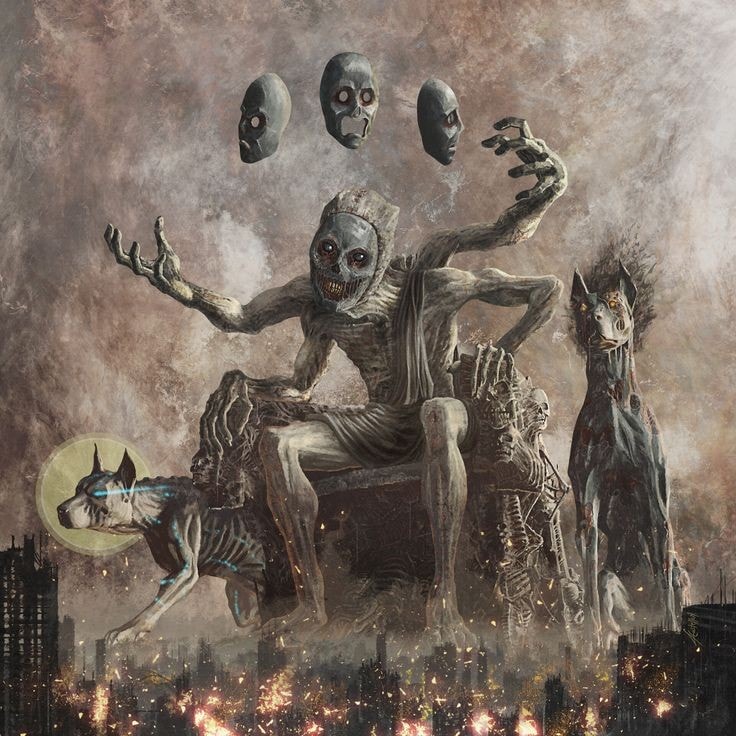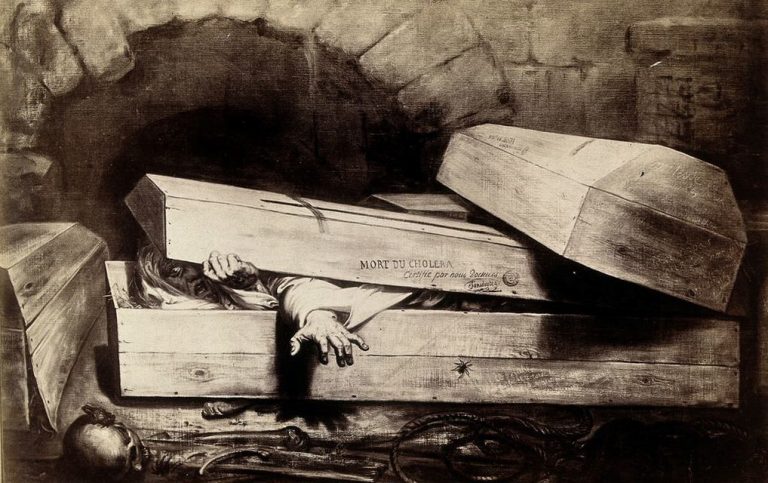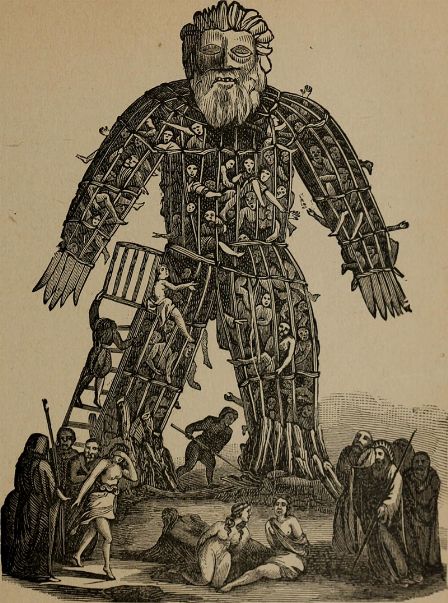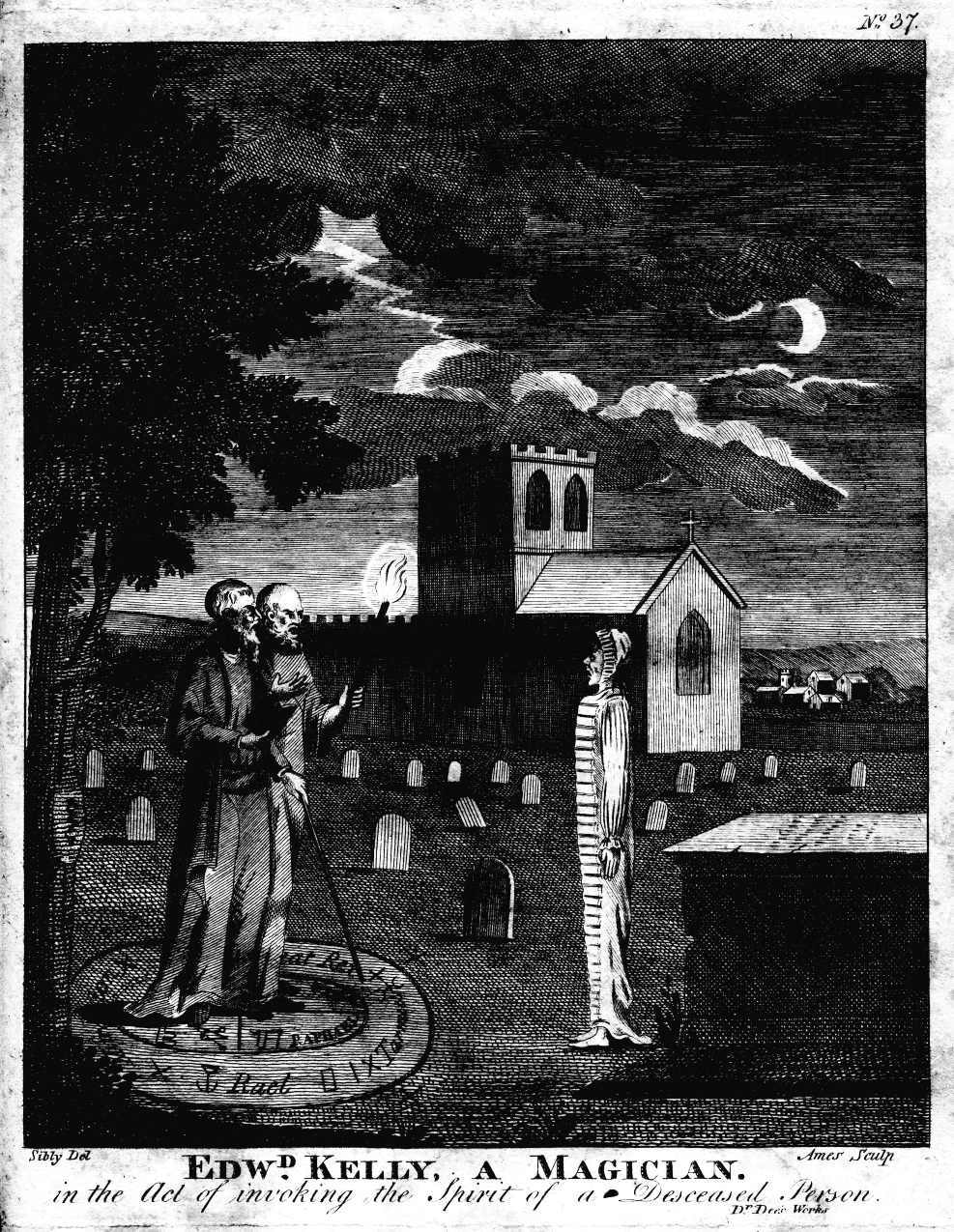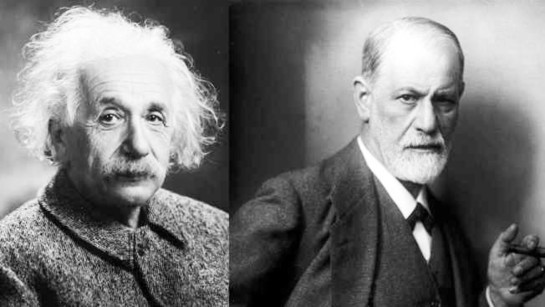Live burial
Live burial sometimes occurs, in which individuals are buried while still alive. Having no way of escaping interment, they die in place, typically by asphyxiation, dehydration, starvation, or (in cold climates) exposure. People may come to be buried alive in a number of different ways: An individual may be intentionally buried alive as a method … Read more

